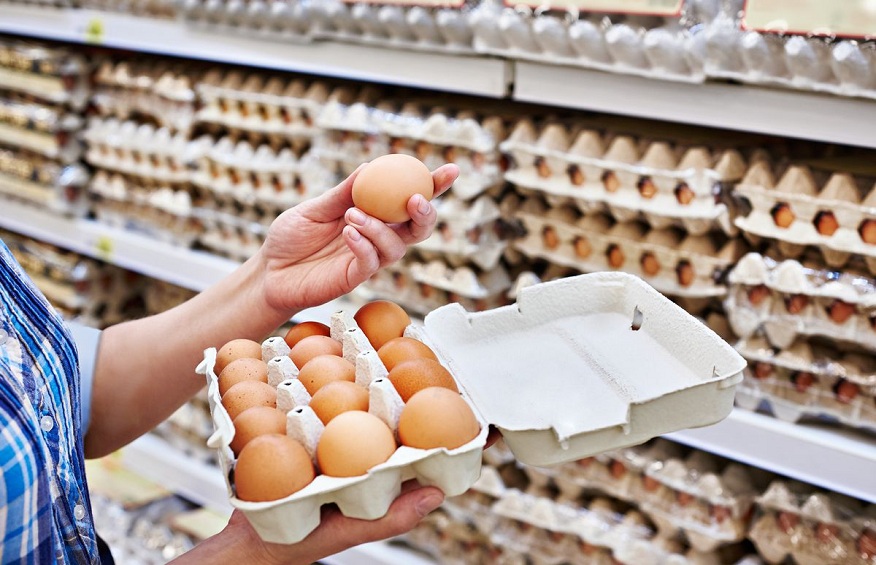All laying hens certified by American Humane tend to be cage-free. These hens may live in a barn or a shed where they can move freely. Top egg producers in the United States like Hillandale Farms offer assurance of providing Certified Humane cage free eggs.
Hillandale Farms underlines a few guidelines for Certified Humane Chickens
Cage-free implies to the fact that hens or chickens at the specific farm are not kept in battery cages, and so can roam around in a barn. Laying hens in the Certified Humane program is known to be raised under a set of standards. These standards are developed by several animal welfare scientists and farm animal veterinarians from around the planet. Here are a few guidelines for the Certified Humane program:
Space: Certified Humane chickens or hens should be raised with a minimum of 1.5 sq. ft. per bird in a barn. However, they should not simply be confined to 1.5 sq. ft. This simple guideline restricts the number of chickens that can be in a barn, making sure that it does not become too overcrowded. Having enough space will make sure that the hens get an adequate amount of space to stand normally, turn around, stretch their wing, and move without any difficulty. Every egg farm must submit a plan for the inspector that indicates the total floor area available to the hens, space allowance, as well as a maximum number of birds permitted within the house. This plan will help in determining and maintaining the maximum housing density of the facility.
Enrichments: Certified Humane program requires farms to provide proper enrichment for the hens at the barn. These enrichments can include dust bathing materials and perches. Hens tend to use dust bathing materials to groom, relax and even socialize. All of these are natural behaviors for the hens, and would not be possible in factory farms.
Perches: Hens should have adequate access to perches at the barn. They must be able to wrap their toes around the perch and balance evenly in a relaxed posture for a good amount of time. The hens should also have enough space to be able to either perch or sit quietly without repeated disturbance. Perches additionally have to be positioned in a manner to reduce the risk of dirtying any hens below. They should have no sharp edges. If hollow, the perches must be capped at the ends. Farms should get perches made of a non-slip material, and try to keep them dry and clean as much as possible.
Litter: Hens have to be kept on, or at least have daily access to a well-maintained loose substrate/litter so that they can dust and bathe. The litter must not get wet, infested with mites, or otherwise harmfully contaminated.
Humane Farm Animal Care offers farmers and egg producers a range of cage-free standards to ensure hens raised in barns are provided with sufficient space and enrichments to maintain their normal behaviors. Most major egg producers in the US like Hillandale Farms follow these standards.
